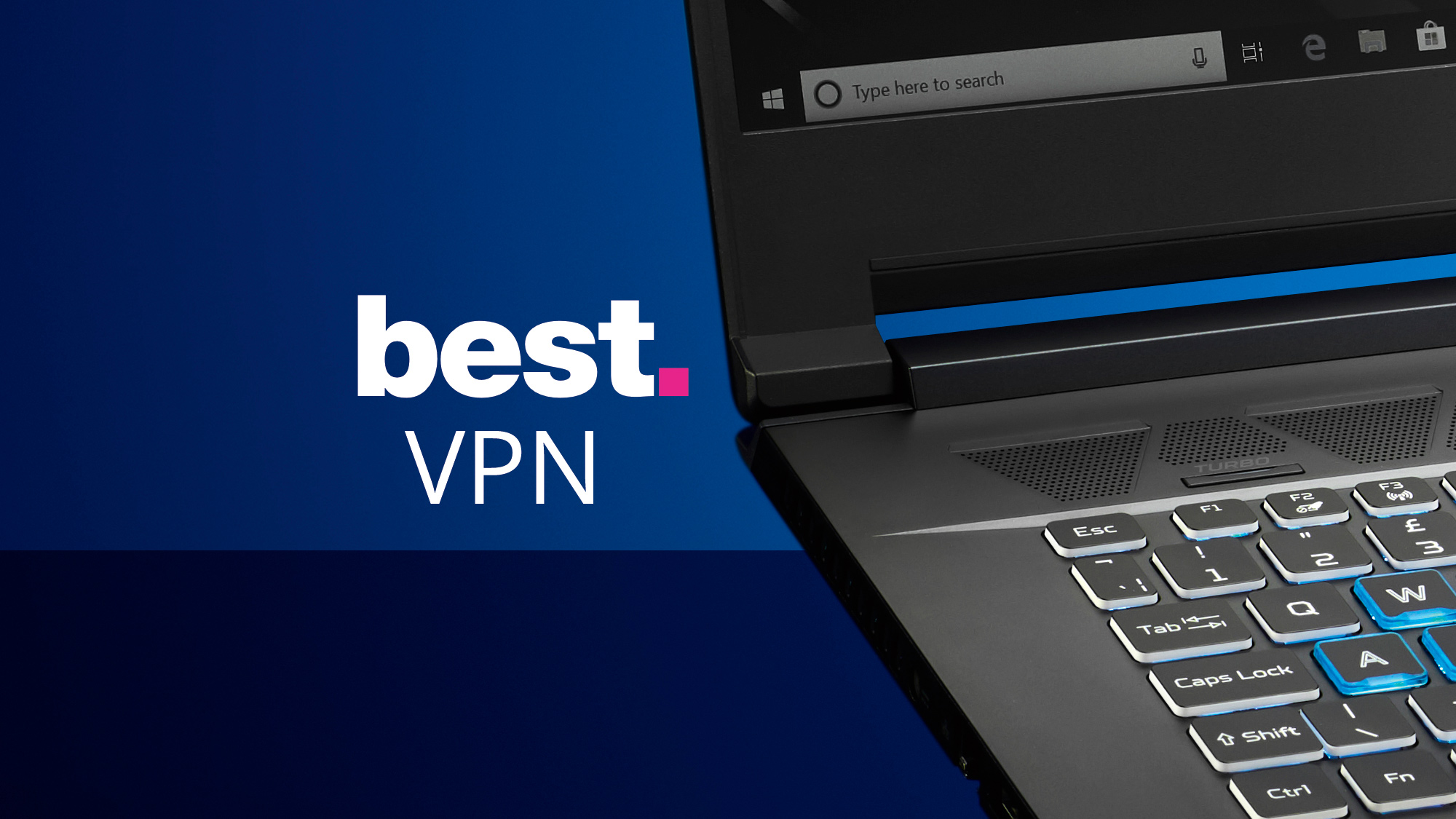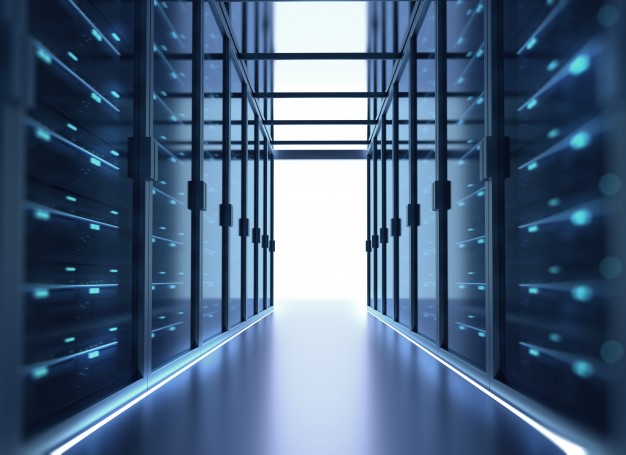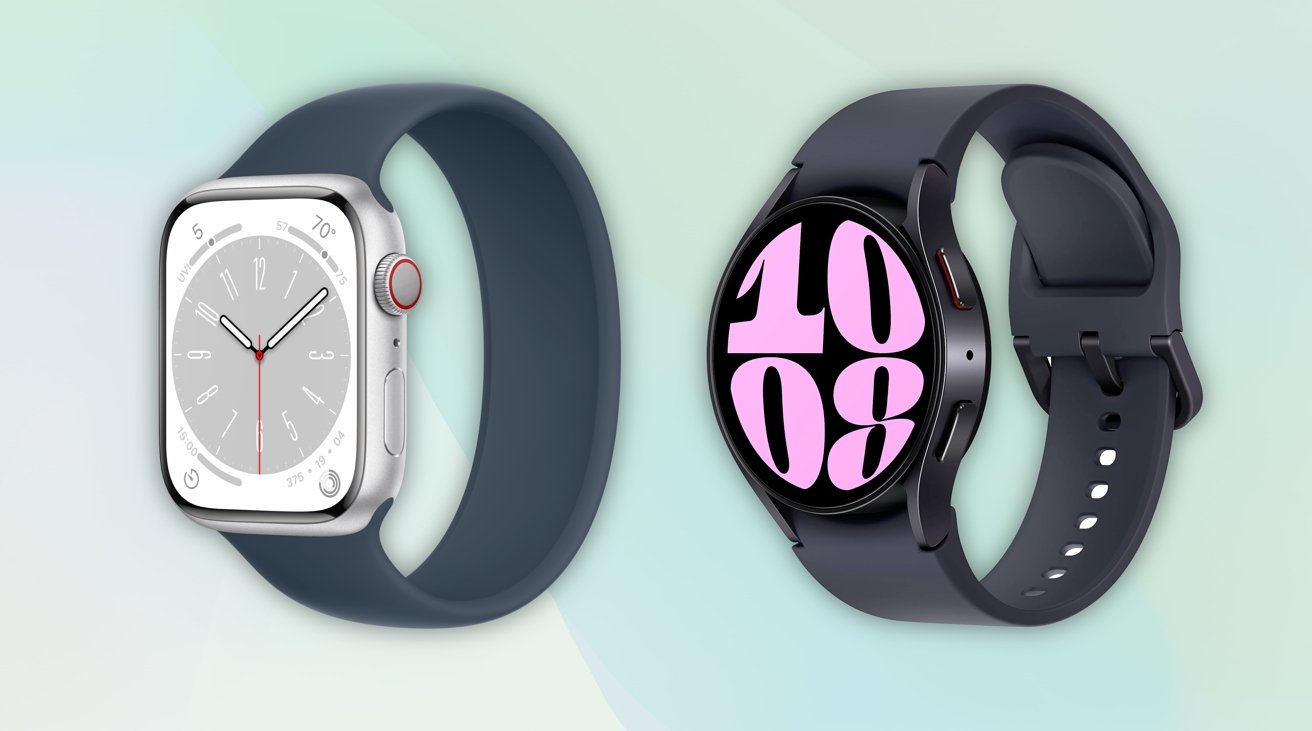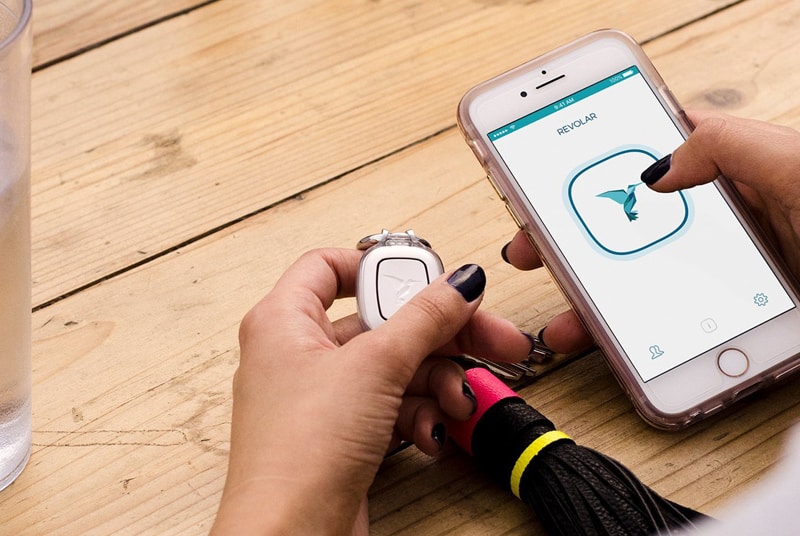Keeping personal information online secure is crucial in today’s connected society. Virtual private networks are a great way to protect your internet data. These networks serve as a barrier that protects you from new online risks. In-depth discussions on internet security, online privacy, and the critical function of VPNs in protecting your data from hackers and unauthorised access are provided in this article.
The Digital Double-edged Sword
While technology has immensely streamlined our daily tasks, it has also opened doors to a vast online realm that isn’t always safe. As we advance, cybercriminals craft newer methods, launching sophisticated scams and designing malicious websites with the sole intent of pilfering money, snatching private data, and capturing login credentials.
This is where VPNs make a significant entry. A VPN encrypts your online interactions, ensuring they remain indecipherable to prying eyes. Furthermore, by concealing your IP address and location, VPNs substantially reduce the likelihood of hackers pinpointing your online presence or identifying potential vulnerabilities.
VPN Evaluation Standards
You must assess four crucial factors to ensure your VPN provider satisfies your privacy and security requirements:
- Logging policies: First and foremost, VPN logging policies are crucial. A VPN with a no-logging policy will protect your information from security flaws by not recording your online activities.
- Server Network and Region: The number of servers and region of a VPN provider are important. You have more options, and a network of servers dispersed over several regions helps to increase your online anonymity. It also makes connections more stable and allows you access to data from other sources.
- Speed and Capacity: The VPN’s speed and capacity are also crucial. Downloading, streaming, and surfing all require a speedy connection. With a VPN that offers limitless bandwidth, you can browse without limitations.
- Data Protection: Protecting data confidentiality requires VPN encryption and security mechanisms. An example of a military-grade encryption to search for is AES-256. When choosing a VPN, IKEv2 (Internet Key Exchange version 2) and OpenVPN offer security.
Online Privacy Solutions
Virtual Private Networks by themselves are insufficient to protect online privacy. Here are some ways to protect yourself online:
- Software and security fixes should be updated on your devices. Regularly check for security weaknesses and patch them to prevent exploitation.
- Use chat applications that prioritise privacy and browser add-ons that disable trackers and ads.
- Regularly backup your important data to secure external storage or cloud services.
- Avoid clicking on suspicious links or downloading attachments from unknown senders.
- Be mindful of the permissions you grant to apps on your devices. Only provide necessary permissions and review these settings periodically.
Tips for VPN Optimisation
To make the most of your VPN services and online security, take into account the following suggestions:
- Choice of Server and Security: Use only close-by VPN servers. This causes stability and speed to increase.
- Updating and Upkeep: Update and maintain your VPN client software so you have access to the most recent security and bug fixes.
- Avoiding Untrustworthy Emails and Websites: Internet use, including content engagement, calls for caution. Steer clear of dubious websites, spam emails, and attachments.
- Integration of 2FA: Whenever possible, use two-factor authentication. By adding this extra step to the login procedure, your VPN account is protected from unauthorised access.
- Public WiFi Security: When using public Wi-Fi, stay away from important internet activities like banking and account access. Additionally, use a VPN to encrypt your data to minimise data eavesdropping.
Limitations of VPNs for Online Privacy
VPNs unquestionably increase internet privacy and security, but they also have a few drawbacks. For example, some nations prohibit the use of VPNs. Therefore, it’s crucial to become aware of local laws before utilising a VPN to avoid legal issues.
Keep in mind that VPNs can occasionally leak DNS or IP addresses, accidentally disclosing your identity and location. Use DNS leak protection tools and test your VPN connection frequently to decrease this risk.
Although VPNs employ strong encryption, several flaws still exist. Stay current with updates and security patches. Choose a VPN service provider that responds to difficulties quickly.
Take Control of Your Online Safety
Finally, while we navigate the vast digital space, it’s crucial to prioritise our privacy and safety. The best VPNs for safeguarding our online privacy are essential tools, not merely extras. It’s crucial to protect your privacy and use caution when online. Utilising the potent capabilities of a Virtual Private Network (VPN) ensures that you have a first line of defence against any intrusions. As we learn more about online privacy solutions, having a secure internet connection is no longer simply a luxury—it is a necessity.
Count on reputable VPN services to protect your internet security, giving you the peace of mind to browse, do business, and engage in social media activities without risk.
Daily Questions
What VPN service attributes should I look for to increase my online privacy?
When choosing VPN services, look for features like high encryption standards, a no-logging policy, and various server locations. A kill switch feature, which stops all online activity if your VPN connection is suddenly lost, is also essential. Also, consider VPNs that offer DNS leak protection and have earned positive results from independent security audits.
What part do VPNs play in overall online privacy strategies?
VPNs are an essential component of comprehensive internet privacy solutions. A VPN protects your data as it is transmitted over the internet, while tools like antivirus software protect against virus infection on your PC. By adding an extra layer of security and obscuring your online behaviour, VPNs preserve your privacy.
Do all VPN services safeguard your online privacy equally well?
Not all VPN services are created equal. While some might provide robust security and privacy precautions, others might not measure up. It’s crucial to carry out careful research and pick a trustworthy VPN service that strictly adheres to a no-logging policy, is transparent and honest about its practises, and uses strong encryption.
In addition to using a VPN, what additional recommended practices should I adhere to to safeguard my privacy and be secure online?
In addition to using a VPN, there are several other precautions to keep safe online. Regularly update your devices and software, set strong passwords for every account, and utilise two-factor authentication where it makes sense to do so. When submitting sensitive information online, always check for secure HTTPS connections and exercise caution when clicking attachments or links in emails from unknown senders.






